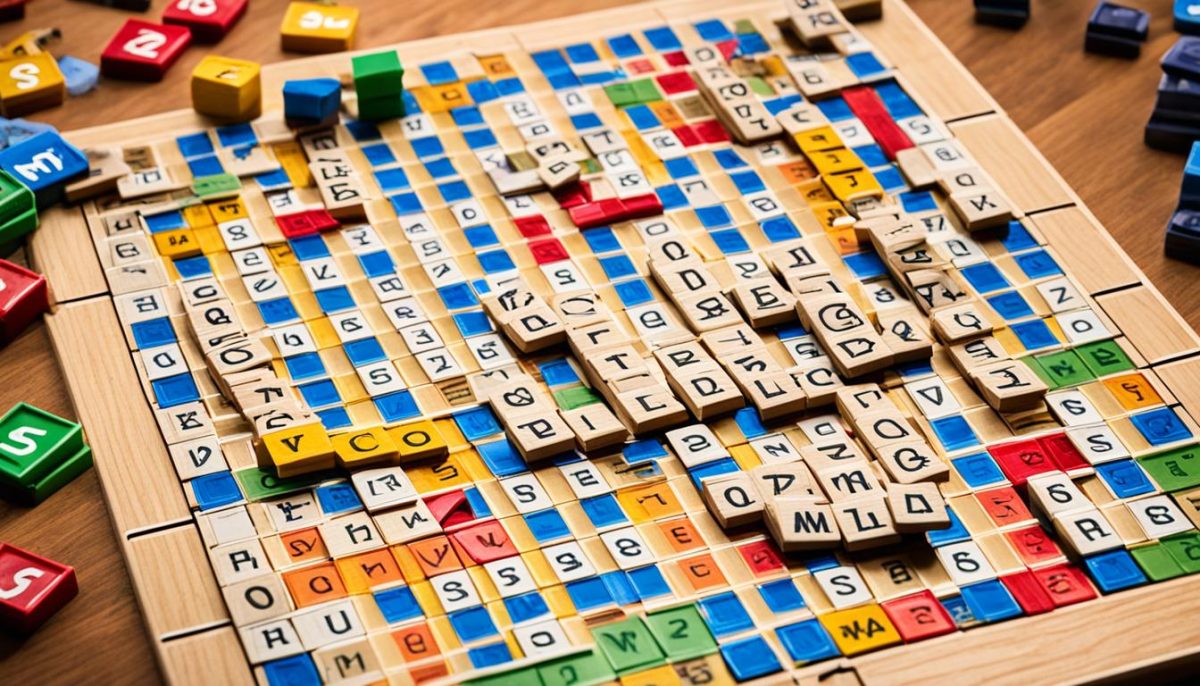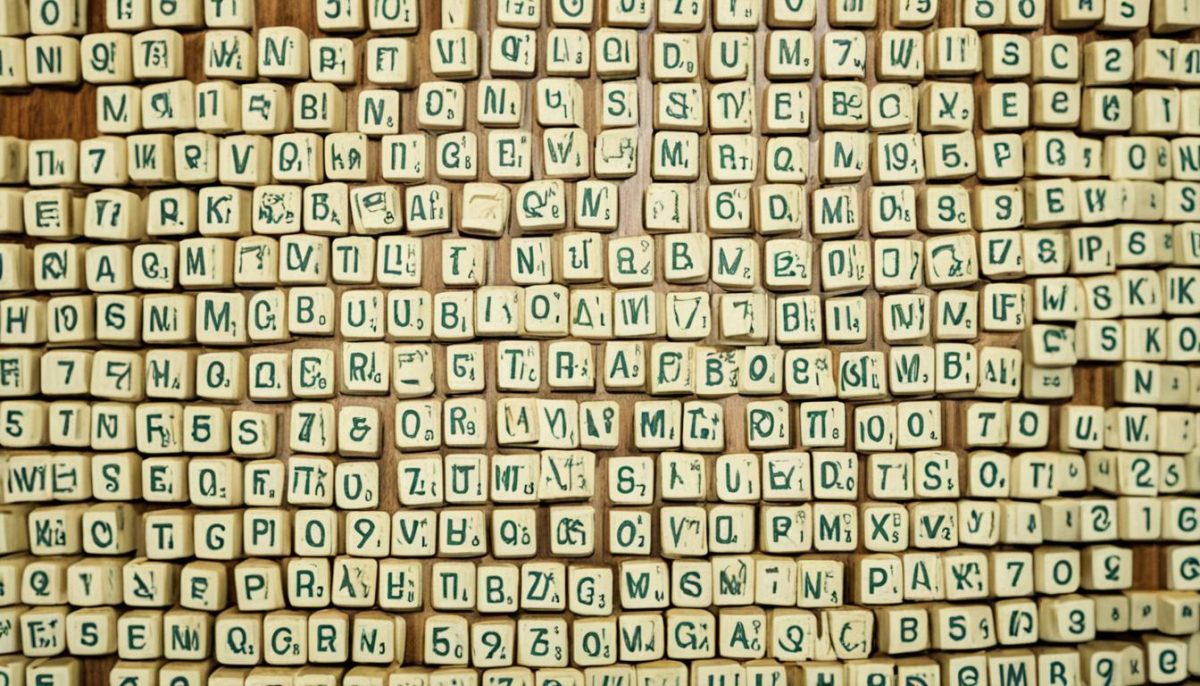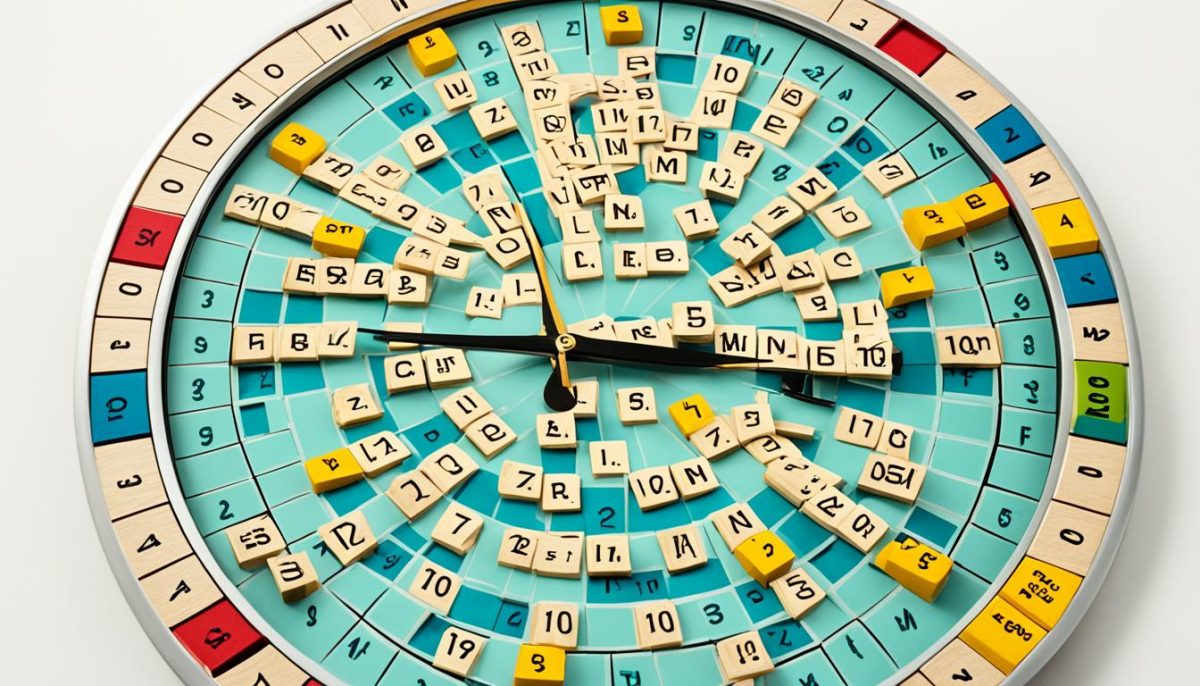The duration of a Scrabble game can be a pressing question for newcomers and seasoned players alike. Whether you’re planning a leisurely family game night or gearing up for competitive play, understanding the time commitment involved sets expectations and aids in preparation. Scrabble games are a mixture of strategy, vocabulary skill, and time management, meaning that various factors can significantly influence the time it takes to conclude a match.
Knowing the typical Scrabble match length is essential for educators or event planners who incorporate this classic board game into their activities. The duration can range based on the context of the play, allowing players to tailor their experience to fit within their available time.
Factors That Influence Game Duration
When playing Scrabble, game length can vary significantly based on multiple key elements. Understanding these factors can help you better manage your gaming sessions and enjoy the experience to its fullest.

The Number of Players
One of the primary influencers of a Scrabble game’s length is the number of players involved. Multiplayer games tend to extend the game length as each additional player requires time for their moves. While two-player games might wrap up relatively quickly, accommodating four or more players means longer wait times between turns, thereby stretching the total game duration.
Experience Level
The player expertise equally dictates the game’s pace. Novice players often spend more time evaluating their Scrabble strategy and thinking through possible word combinations, while seasoned players can make swift, decisive moves that keep the game progressing steadily. As players gain experience, their time management improves, ultimately leading to faster gameplay.
Game Pace
Another critical factor is the overall pace of the game, which can vary widely between casual and competitive play. Friendly games among family and friends might have a relaxed pace, allowing for leisurely discussions and thought processes. On the other hand, formal Scrabble matches typically implement strict time controls to ensure games finish within a set period, emphasizing speed and efficiency. Such variations can significantly affect the overall game length.
To better understand how these factors impact game duration, here’s a comparative table:
| Factor | Effect on Game Length |
|---|---|
| Number of Players | More players generally lead to longer games due to increased turns and moves. |
| Experience Level | Experienced players tend to play faster, while novices might take more time considering moves. |
| Game Pace | Casual games can be leisurely and lengthy, whereas competitive games are usually time-bound and fast. |
Being aware of these aspects helps anyone looking to tailor their Scrabble strategy effectively and enjoy the game, whether in a casual or competitive setting.
Average Time for a Long Scrabble Game
A typical Scrabble game can extend over an hour, especially when considering diverse factors such as turn duration and rule variations. An average Scrabble game time often hinges on these elements, making understanding them essential for players at all levels.

Typical Game Length
For seasoned players, a Scrabble game usually spans between 45 minutes to over an hour. This range can shift based on the adherence to official Scrabble rules versus more flexible house rules. Competitive Scrabble tournaments, for instance, may streamline the game through stringent regulations, accelerating the game pace.
Impact of Taking Turns
Turn duration is pivotal in influencing game length. Each player’s turn, infused with strategic thought and word discovery, can vary significantly. Those more experienced might swiftly decide, whereas novices could need additional time, extending the overall game duration. Such differences underscore the importance of time management within the game’s dynamics.
Variations in Game Rules
Game rule variations play a crucial role in shaping Scrabble’s duration. House rules, tailored for casual settings, often allow for leniency, potentially prolonging gameplay. Conversely, competitive Scrabble tournaments impose strict regulations to uphold rapid play. These variations ensure that each Scrabble experience remains unique, reflecting the distinct context of play.
Tips to Shorten Your Scrabble Game
If you’re keen on enjoying quick Scrabble games without missing out on the excitement and challenge, a few practical strategies can help speed things up. First, implementing a turn timer is an effective way to keep the game moving at a brisk pace. It’s a straightforward method that ensures no single player spends too much time pondering their move.
Encouraging quicker decision-making is another useful tactic. This can be achieved through regular practice or quick warm-up matches, helping players become more confident and decisive in their tile placements. When it comes to casual play, modifying Scrabble house rules can also expedite the game. For example, limiting the complexity of permitted words or offering bonuses for swift turns can create a more dynamic and engaging word game experience.
These strategies for faster gameplay are especially beneficial during time-sensitive gatherings or when introducing the game to beginners who may find lengthy sessions daunting. By integrating these Scrabble tips and strategies, you’ll be able to enjoy the classic board game in a more time-efficient manner, without compromising the fun and intellectual stimulation Scrabble is known for.

